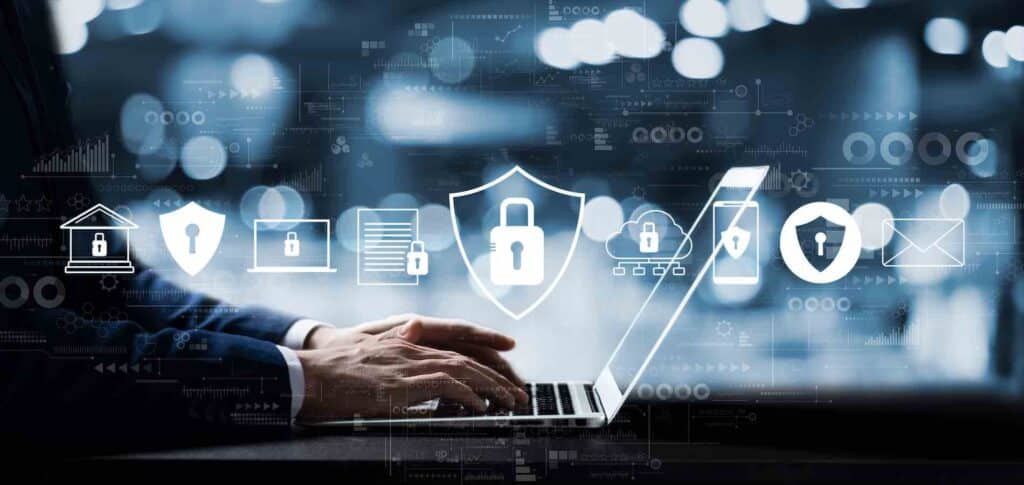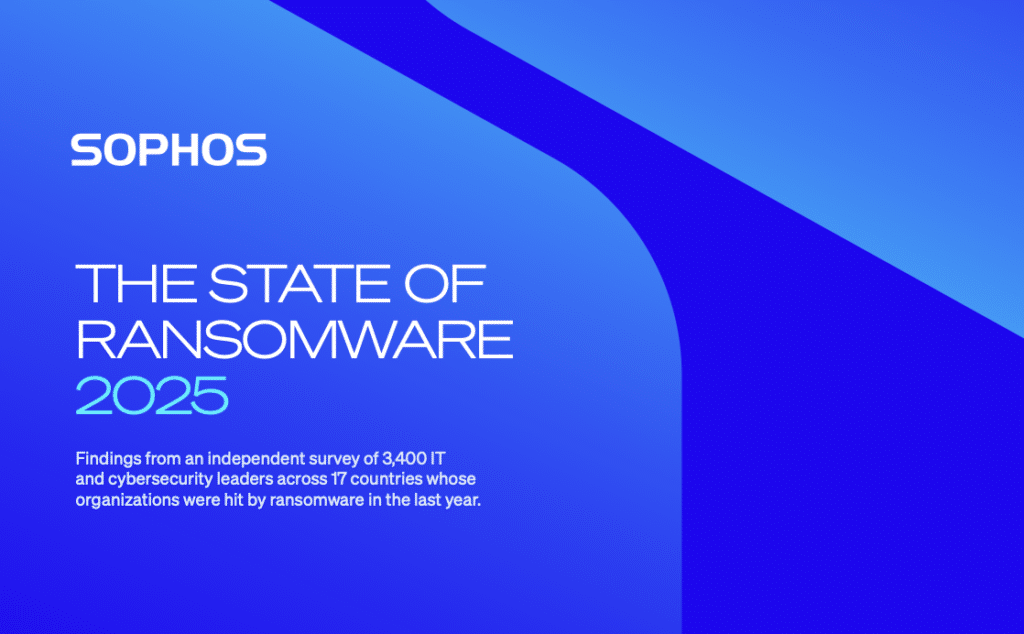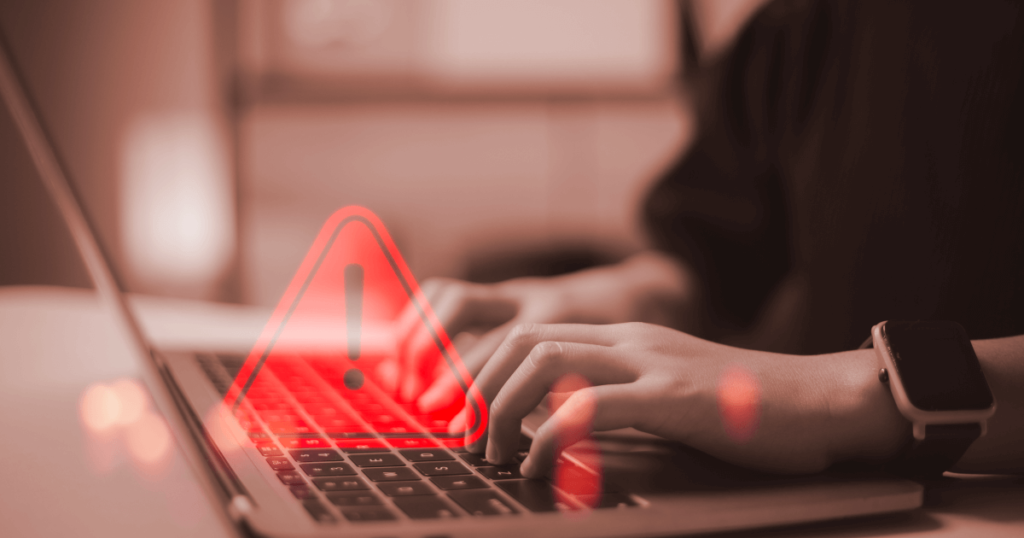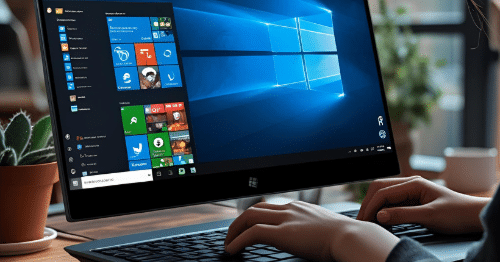As remote work becomes more established, worries regarding privacy and security take centre stage

The future of work is amorphic; companies must adapt their cyber security policies faster than WFH policies or risk cyberattacks.
According to a report earlier this year, the amount of vacant office space across the UK has jumped 65 per cent over the past three years, which raises concerns about the efficacy of current office designs and IT security measures. For employers to address these issues, they must rethink the modern office from the point of view of the office itself.
Dave Adamson, CTO at Espria, confirms there has been a noticeable shift in companies’ attitudes towards the location of their employees.
“For instance, Zoom, whose video conferencing tool enabled the rapid transition to remote work during the pandemic, now mandates that employees residing within 50 miles of a Zoom office must attend work at least twice a week. However, the ability to work from anywhere is a significant motivator for today’s workforce. Following Zoom’s announcement in September, regarding the return to in-person work, the number of searches for remote work in the UK in the subsequent few days increased by almost 200%”.
The future of the modern workplace is amorphic, so companies must adapt their IT needs, from hardware and office furniture to security.
“Data is a valuable commodity; organisations must ensure workers can operate securely and privately. These tools must also warrant that data is not accidentally or intentionally shared outside the organisation. Organisations must have clear policies and procedures to protect their data and support their employees in compliance”.
Adamson continued, “Working remotely can pose a significant security risk to company data, as it may lead to data breaches, identity theft and other negative consequences. Firewall rules and email policies are two of the many factors that contribute to weakened security controls. Remote employees can be more vulnerable to cyber threats since multiple protection layers may not apply. When employees bring their work devices home, they may no longer have access to the protection provided by the office network and instead rely on their home Wi-Fi”.
Adamson concluded, “Allowing remote work is crucial, but security risks must be addressed first. This applies to both permanent and occasional remote workers. By effectively managing this challenge, companies can reap the benefits of increased talent retention and productivity as well as improving the work-life balance for their staff. Companies must take appropriate measures to protect the data exchange between offices and remote workers. Enabling a secure method of accessing corporate resources, either on company or employee-owned equipment, is vital. Ultimately, prioritising data security is essential for companies to ensure a successful remote working model”.
To read more about our Hybrid Cloud solutions, please click here.
You may be interested in
The 2025 State of Ransomware: Key Insights on Attacks, Costs, and Recovery
Ransomware continues to evolve — and so must our defenses. The State of Ransomware 2025 report from Sophos presents one of the most comprehensive views yet into how organisations around the world are being impacted by ransomware attacks. Based on an independent survey of 3,400 IT and cybersecurity leaders across 17 countries, the report explores how attacks are evolving, the operational weaknesses adversaries exploit, and the human and financial tolls that follow. Whether you’re building a cybersecurity strategy or assessing risk, this year’s findings offer crucial, real-world insights to guide your response. Key Findings from…
Outgrowing your MSP; businesses need a provider that scales with their growth
To stay competitive, business leaders must align with MSPs that deliver strategic value, drive innovation, and support to scale. Now firmly into 2025, it’s becoming clear what the year has in store for the IT landscape. For SMBs, the message is clear: business growth must be matched with smarter, more scalable managed services. The demand for cyber-resilient, cloud-first and AI-integrated solutions is no longer a forecast – it’s a reality already shaping business priorities. According to leading global technology market analyst firm Canalys’ MSP Trends 2025 report, the MSP model is transforming under growing pressure…
End of windows 10 support signal urgent action needed from UK organisations as cyberattacks continue to rise
Recent breaches at major UK retailers, combined with the approaching end of life of Windows 10, highlights a critical moment for IT resilience planning The recent wave of cyberattacks targeting major UK retailers has highlighted the growing security risks associated with organisations running outdated systems and applications and maintaining weak identity verification protocols. These incidents—particularly those involving Marks & Spencer and the Co-Op—have starkly exposed how vulnerable legacy infrastructure and insufficient access controls can be. In both cases, attackers successfully posed as legitimate employees and manipulated IT help desks into resetting internal passwords, ultimately gaining…
UK SMEs must fortify their cybersecurity against geopolitical risks, says Espria
A recent Sky News investigation highlighted an uptick in cyberattacks tied to the Iran conflict that are targeting businesses across multiple sectors. Speaking at the NATO Summit, Prime Minister Sir Keir Starmer urged UK businesses, regardless of size or sector, to prioritise cybersecurity and ‘take immediate steps to review and strengthen their defences.’ While the warning is timely in tone, businesses are already becoming targets of politically motivated cyberattacks, emphasising the need for heightened vigilance. “As tensions spread globally, threat actors will continue to exploit digital vulnerabilities, and neutral businesses may be caught in the…
End of windows 10 support signal urgent action needed from UK organisations as cyberattacks continue to rise
End of windows 10 support signal urgent action needed from UK organisations as cyberattacks continue to rise
Why Businesses Should Invest in ESG: Lessons learned by Espria
In today’s competitive landscape, Environmental, Social and Governance (ESG) performance is no longer just a “nice to have”—it is a critical business imperative. Companies that prioritise ESG are better positioned for long-term success, risk mitigation, and reputation enhancement. Today’s world demands more from companies than just financial performance. Customers want transparency. Employees want purpose. Investors want resilience. ESG helps businesses manage risk, seize new opportunities and build trust with the people who matter most. It is how you can stay competitive, stay responsible and stay relevant in a fast-changing world. A powerful case study of…





